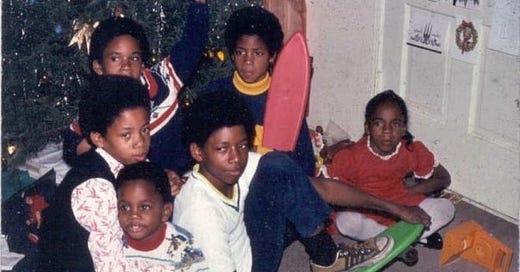I am often called to represent a black perspective. I understand the motivations behind such requests and while I tend to be fairly tough-minded about it in principle and in my writing, I am different about it face to face. Given a note I just got from a reader who got caught up in wonky complications about paid subscriptions, I think I should address t…
Keep reading with a 7-day free trial
Subscribe to Stoic Observations to keep reading this post and get 7 days of free access to the full post archives.




